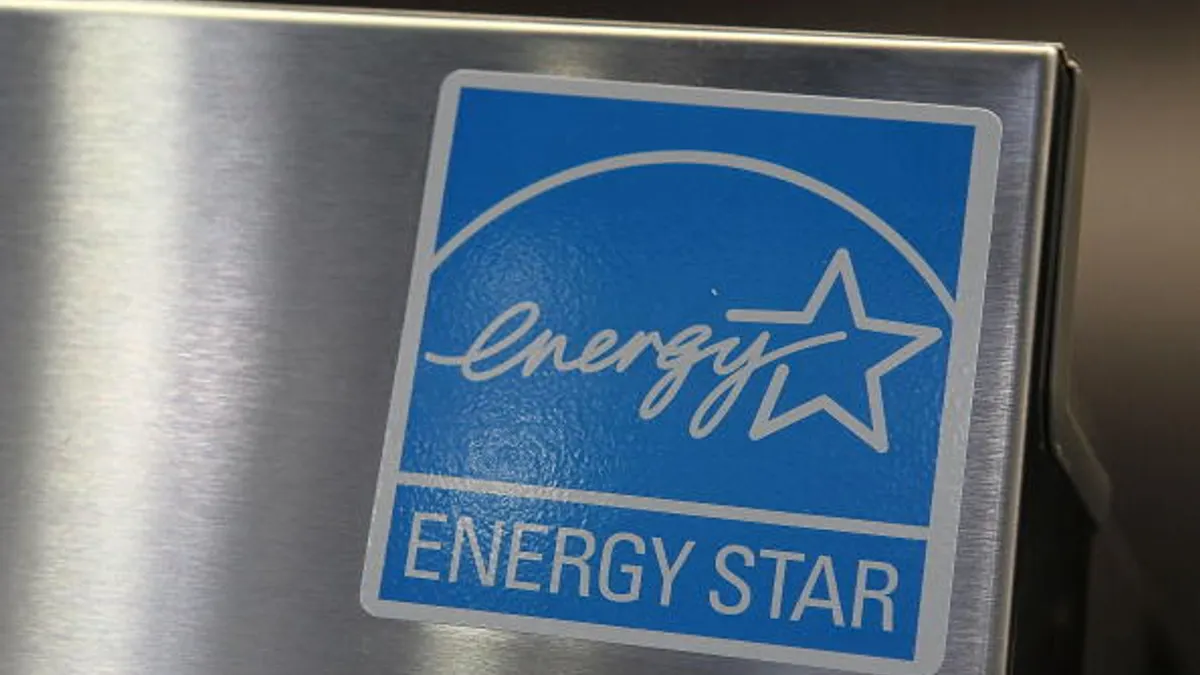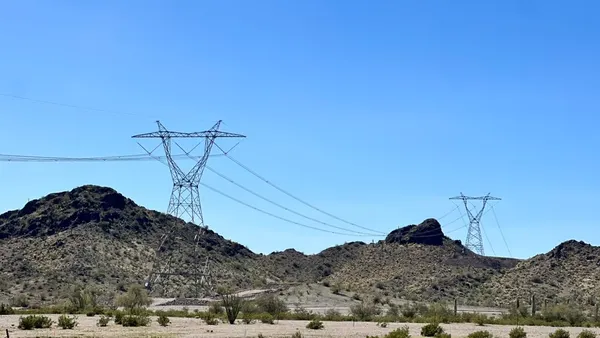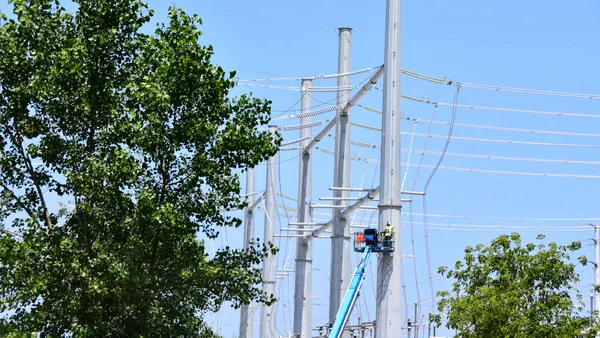Dive Brief:
- San Diego Gas & Electric (SDG&E) asked the California Public Utilities Commission (CPUC) to approve a reduced electricity rate for customers that allows the utility to draw on the electricity stored in their behind-the-meter batteries at certain, pre-agreed peak demand periods.
- The "residential energy storage rate" pilot program is, according to the filing, intended to test whether customer-sited energy storage can effectively (1) reduce utility costs for distribution system upgrades, (2) postpone the need for additional traditional generation to meet demand spikes, and (3) provide ancillary supply-demand grid balancing services.
- SDG&E said the new plan could represent a new way for utilities to cope with burdens now being imposed by the proliferation of distributed energy resources (DERs) -- if savings from drawing on customers’ stored electricity offsets the cost of the special rate.
Dive Insight:
SDG&E officials say there are three keys to the success of the program. First is getting the rate savings high enough to attract customers to the program. Second is obtaining use of the batteries for the utility often enough and during the right demand periods to obtain an adequate return, and third is reaching the right arrangement with companies like SolarCity and Tesla that will offer no upfront cost, third-party-funded batteries to customers as part of California’s new aggregated DER program.
“This pilot provides an opportunity to test the ability of customer-owned, behind-the-meter storage assets to potentially defer circuit upgrades (e.g., re-conductor or new circuit extensions),” SDG&E’s filing explains.
The project will also allow the utility the chance to pilot a new residential energy storage rate and test a new business model for third party ownership of distributed resources, the filing explains.
"This model differs from the proposed utility owned, behind-the-meter storage solution piloted in [other demonstrations]…and provides an opportunity to contrast two different approaches for integrating DER to defer a traditional capital infrastructure project, provided it meets the specific requirements,” SDG&E officials wrote.












